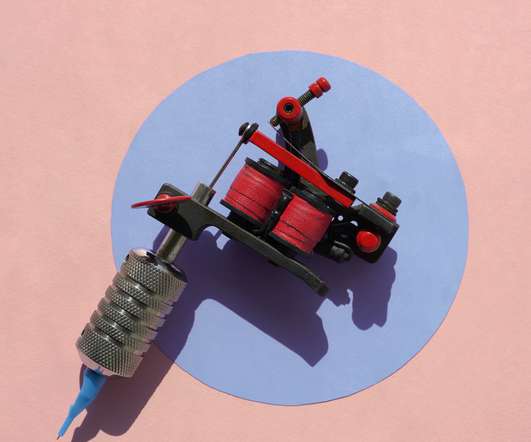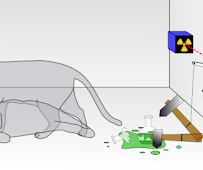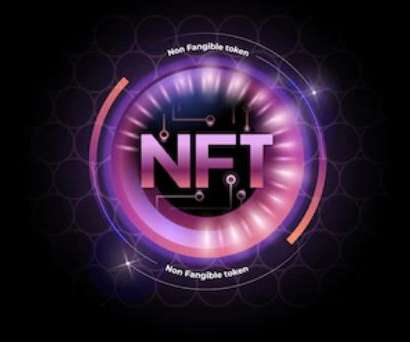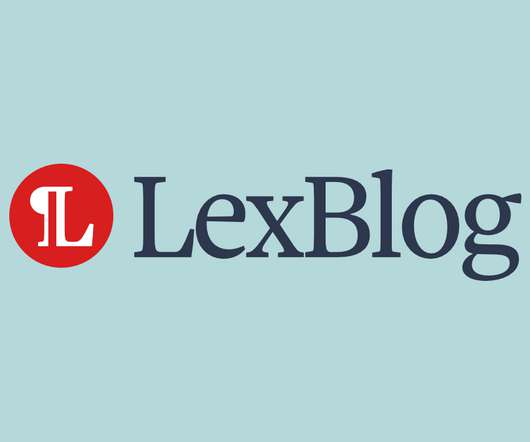Traditional Tattoos on the Red Carpet: Continuing the Conversation of Collective Ownership
IPilogue
NOVEMBER 17, 2021
These events point to two prevalent issues within the current legal framework: First, that current intellectual property laws do not properly acknowledge collective ownership over shared culture within Indigenous communities and second, whether tattoo designs have the potential to be protected through copyright laws. v Datafile Ltd. ,
















Let's personalize your content